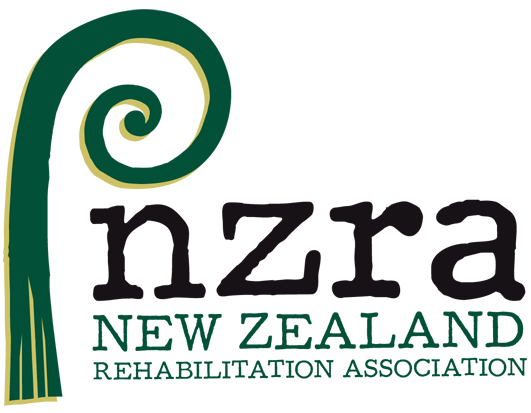- Home
- Blogs
PROFILING NZ REHABILITATION RESEARCH
We are keen to regularly profile rehabilitation-related research conducted within NZ. Please contact us if you would like us to profile a published paper, poster or conference presentation blogs@rehabilitation.org.nz
